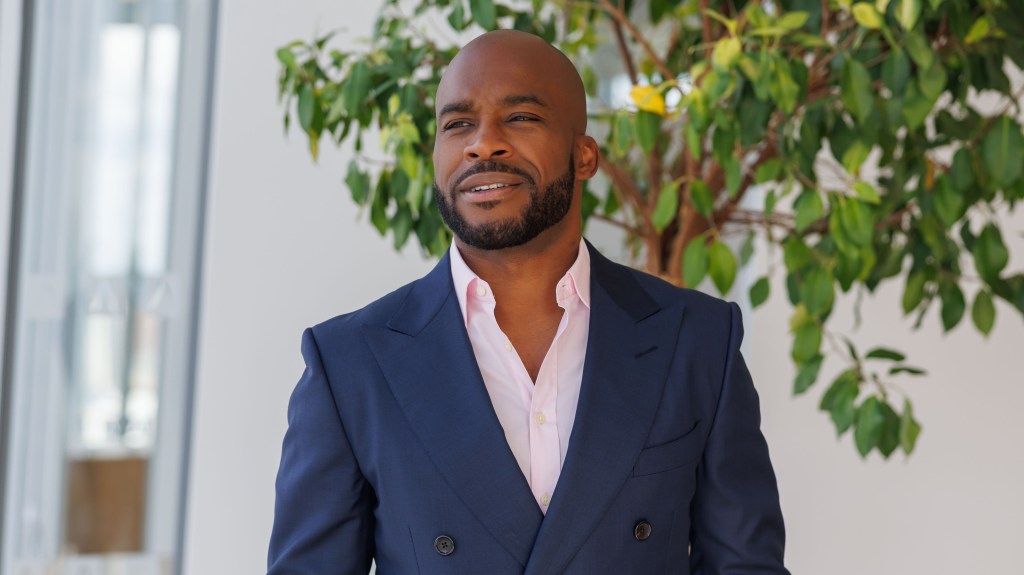Chris Boardman: Aiming for Sustainability in Sports Leadership
In his three-year tenure as the inaugural commissioner of Active Travel England, Chris Boardman has raised significant awareness around sustainable travel initiatives. In contrast, the former cyclist has remained relatively low-profile in his concurrent role as chairman of Sport England. However, Boardman’s responsibilities are now converging towards an emphasis on sustainability rather than solely focusing on health issues, which is reshaping traditional expectations of leadership in both public and private sectors.
Active Travel England, recently developed as a government agency, promotes activities such as walking, cycling, and wheeling, aiming for improved health, safety, and carbon neutrality. On the other hand, Sport England has a history spanning nearly sixty years and plays a broader role in making the nation more active, beyond the traditional confines of sports.
During this summer’s Paralympics, I encountered Boardman at an event. Not long prior, he had cycled from Manchester to the Paris Olympics to motivate sports organizations to commit to a “Going for Green pledge.” While I did not inquire about his return journey to Paris for the Para events, it is reasonable to speculate that he avoided using a private jet.

Our discussion centered on Boardman’s goal for grassroots sports clubs nationwide to create tailored sustainability plans, which have the potential to contribute positively to climate change efforts. He has hinted that funding from Sport England would serve as motivation, while the threat of withdrawing such support could serve as a deterrent. This approach might unsettle volunteers at the local sports clubs who are already stretched thin. Further energized by the conversation, Boardman has also advocated for reducing the carbon footprint of elite football.
The role of chairman in both corporate and public organizations comes with distinct privileges, primarily the authority to influence strategy and the opportunity to promote the organization’s objectives. Some situations may require a chairman to leverage these privileges to drive change, while others might call for cautious management to ensure stability and sustainability.
Frequently, the ambitions of a chairman may diverge from the practical needs of their organization. During any interview for such a role, a crucial inquiry should be focused on the candidate’s intentions—how they aim to use their privileges, whether as a means to achieve broader goals or as an end in itself. Many current CEOs would identify the potential for a change in chairmanship as a major concern, while conversely, numerous other executives might hope for such a transition.
This observation does not imply that Boardman’s eco-centric goals clash with Sport England’s foundational objectives, but by imprinting such a unique vision onto the chairmanship in the latter part of his initial term, he presents a distinct challenge to his board colleagues and those responsible for their appointments. Will they institutionalize his initiatives so that they persevere beyond his term, or will they categorize them as tailored to Boardman rather than integral to their overarching mission?
Boardman’s first term at Sport England concludes in July, and he is eligible for a second term. Currently, the Department for Culture, Media, and Sport is seeking three new non-executive members for the Sport England board. The job description includes a crucial set of essential qualifications along with a desirable list that emphasizes qualities like a “courageous mindset” and a proven commitment to sustainability and climate change responses.
In the near future, it will be clear whether Boardman is interested in serving an additional four years at Sport England. Regardless, the three non-executive directors he selects will play pivotal roles in embedding his environmental legacy. Chairmen in commercial sectors will undoubtedly evaluate the risks associated with a focused mission, particularly in light of profit-driven demands, making this an important area for scrutiny in the months and years to come.
Ed Warner serves on multiple boards and writes from a personal perspective.






